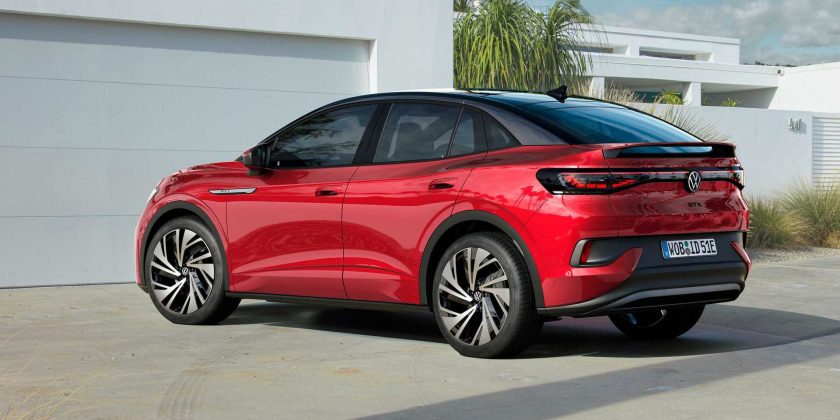The Volkswagen Group (which includes Volkswagen, Audi, Porsche, Skoda, SEAT and more) reports that demand for its electric cars significantly overwhelms the manufacturing capacity.
Volkswagen Group CEO Herbert Diess recently told the Financial Times that BEVs are basically sold out for 2022 in Europe and the US, as the order backlog in Western Europe alone reached 300,000:
“We have very high order books and… order intake on electric vehicles,”
“We are basically sold out on electric vehicles in Europe and in the United States. And in China, it’s really picking up,”
It means that new orders placed now (at least for most of the electric models) will result in delivery in 2023. That’s not a good message for customers who would like to buy a new car, especially since that due to the inflation, new model year cars might be more expensive.
The issue of demand far exceeding supply was previously hinted at by Chief Financial Officer Arno Antlitz.
Let’s recall that the Volkswagen Group sold about 99,100 all-electric vehicles during the first quarter of 2022 (up 65% year-over-year), including 58,400 in Europe, 28,800 (over 27,100 ID. family) in China, and 7,900 in the US.
The plan for 2022 is to sell roughly 700,000 BEVs (including 140,000 in China), which would require averaging 200,000 per quarter over the remaining three quarters. The previous best quarter was Q4 2021 with 159,800 units so it’s not an easy task, especially with global supply constraints and lockdowns in China.
According to the report, Arno Antlitz expects that, over the course of this year, the company will be consistently increasing BEVs volume and share every quarter.
We guess that it’s a matter of electrification gaining traction and that it’s a general issue common to all large OEMs, which at first struggle to scale up due to a variety of reasons. In the US we can see that Ford and GM also push hard to increase the volume, but fruits usually come with a delay related to necessary investments in new EV plants, battery plants, new supply chains, or even sales channels/methods.
Source: Financial Times via euronews.com
- Share on Facebook
- Share on Twitter
- Share on LinkedIn
- Share on Flipboard
- Share on Reddit
- Share on WhatsApp
- Send to email
Source: Read Full Article

